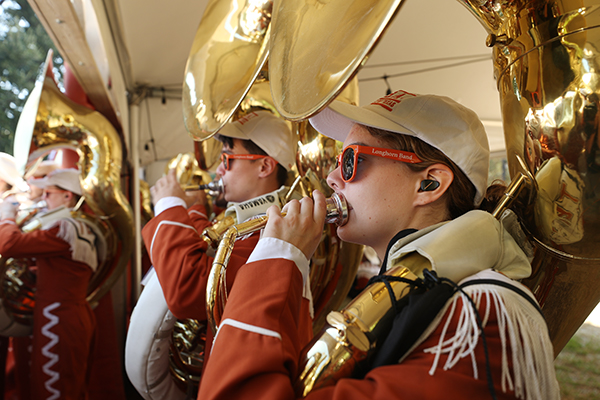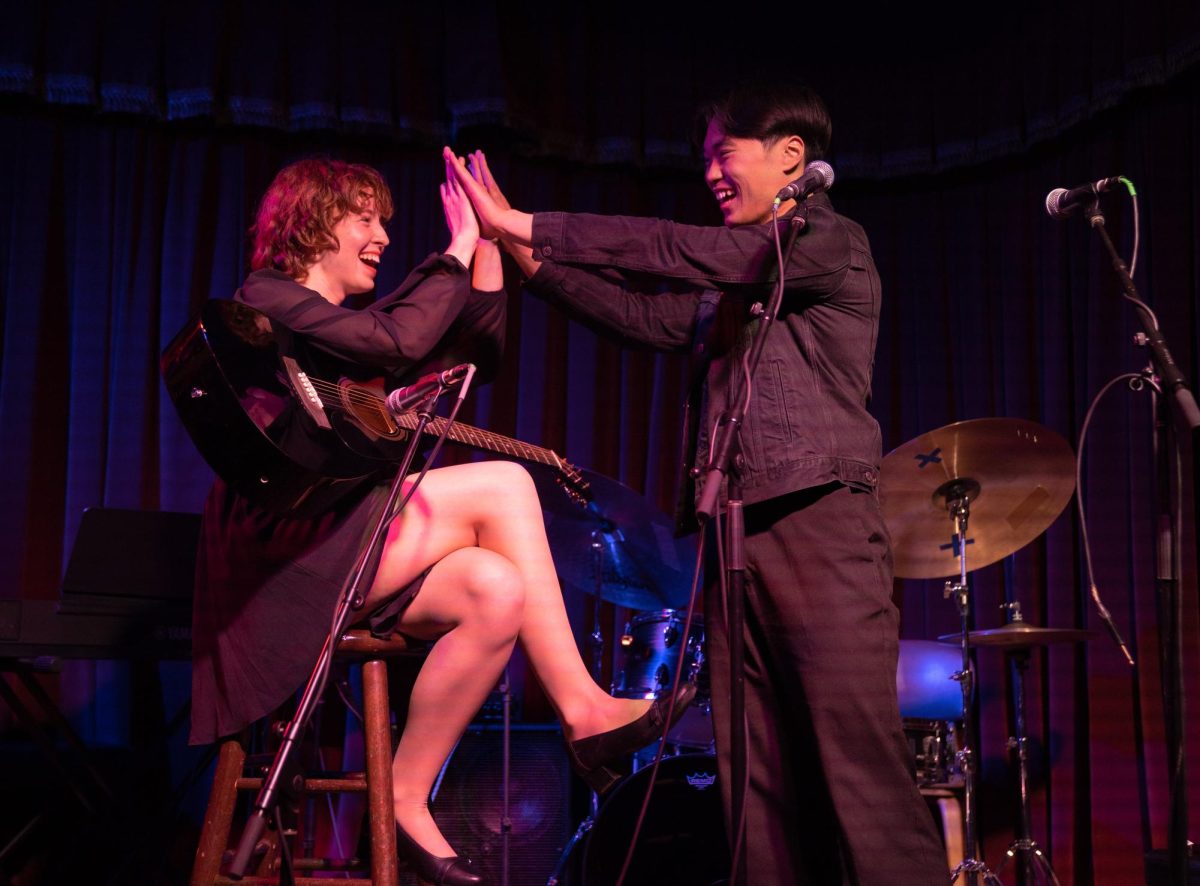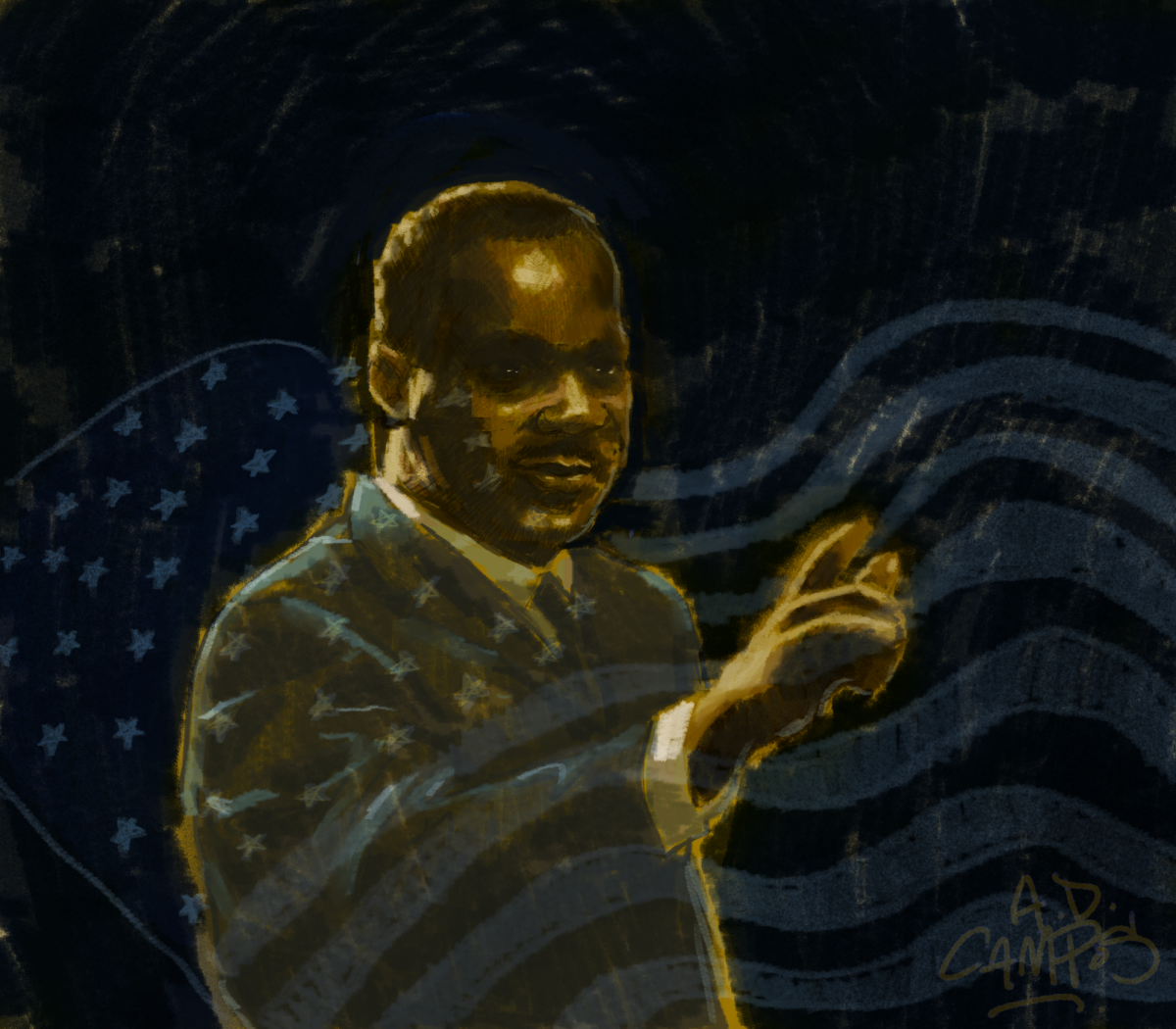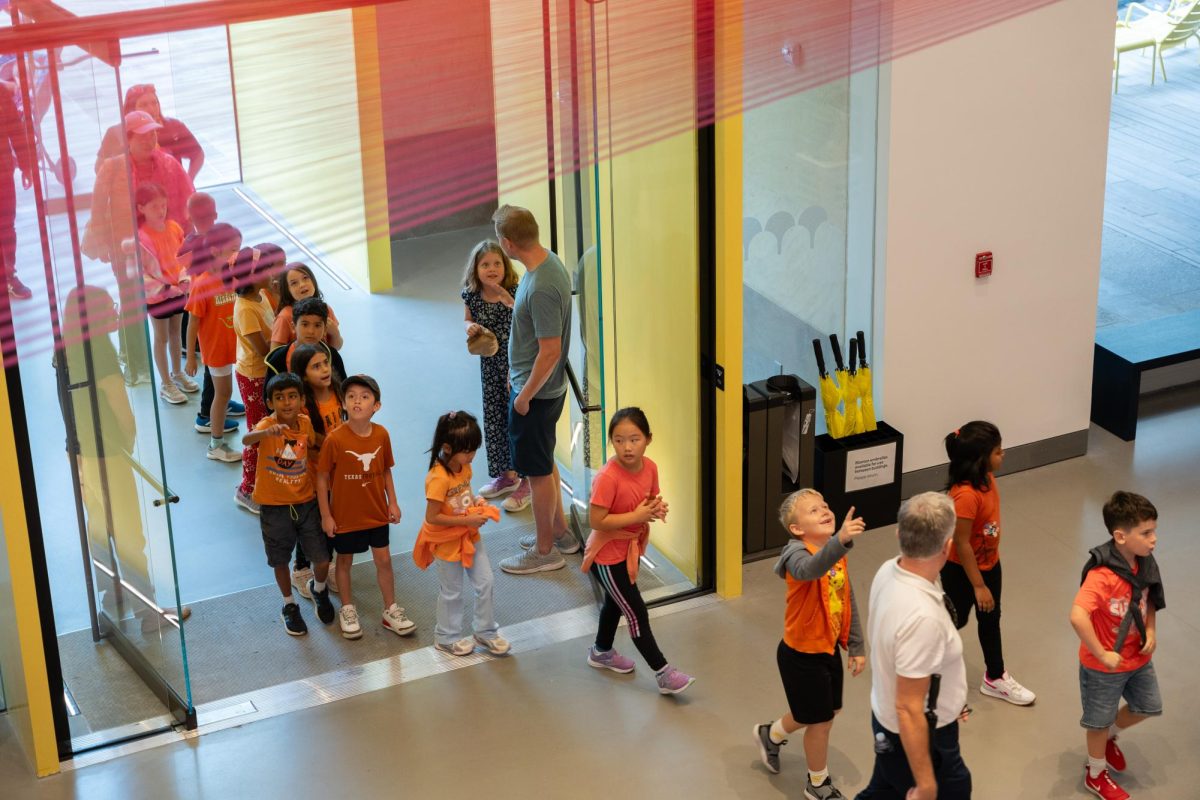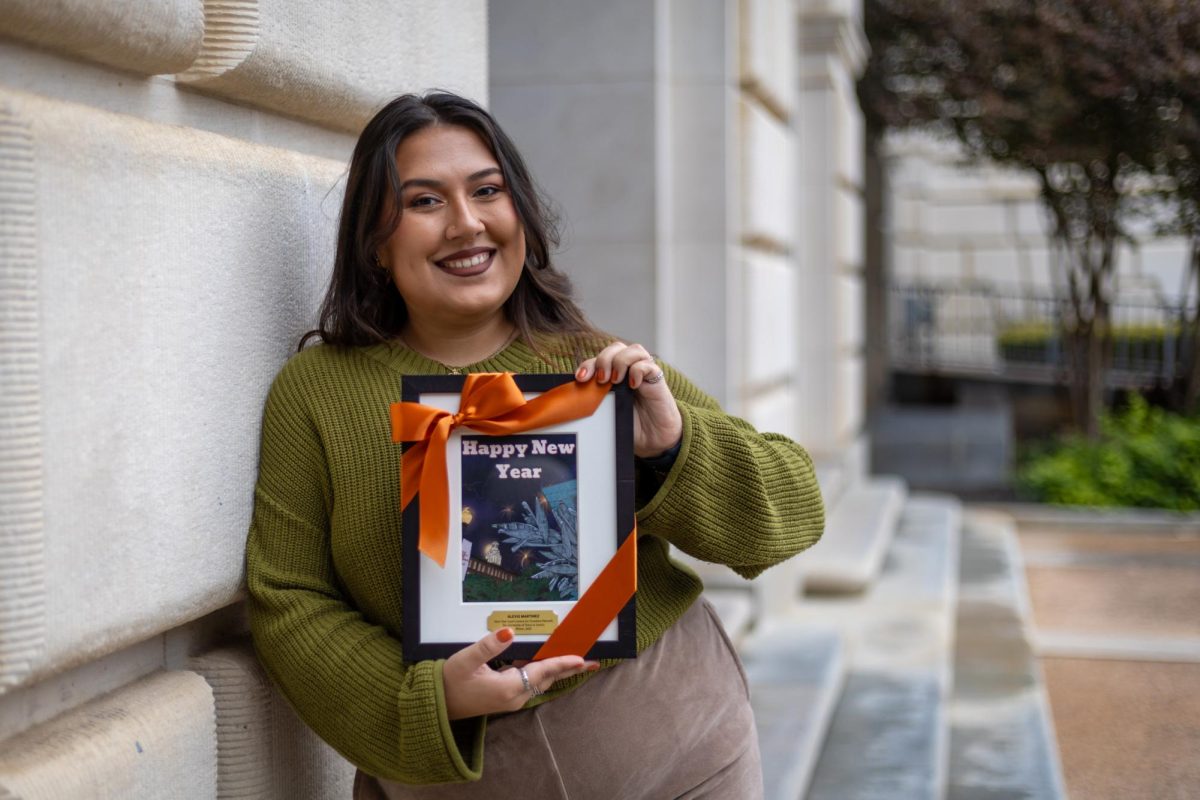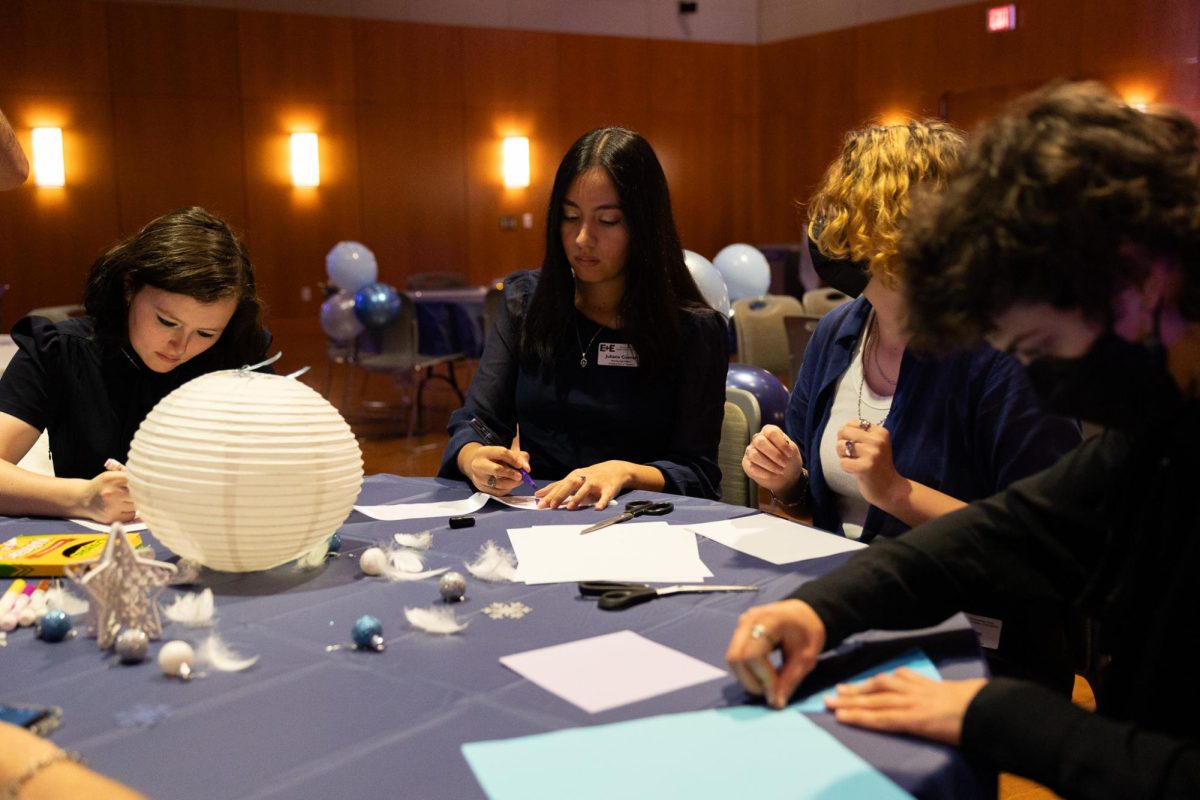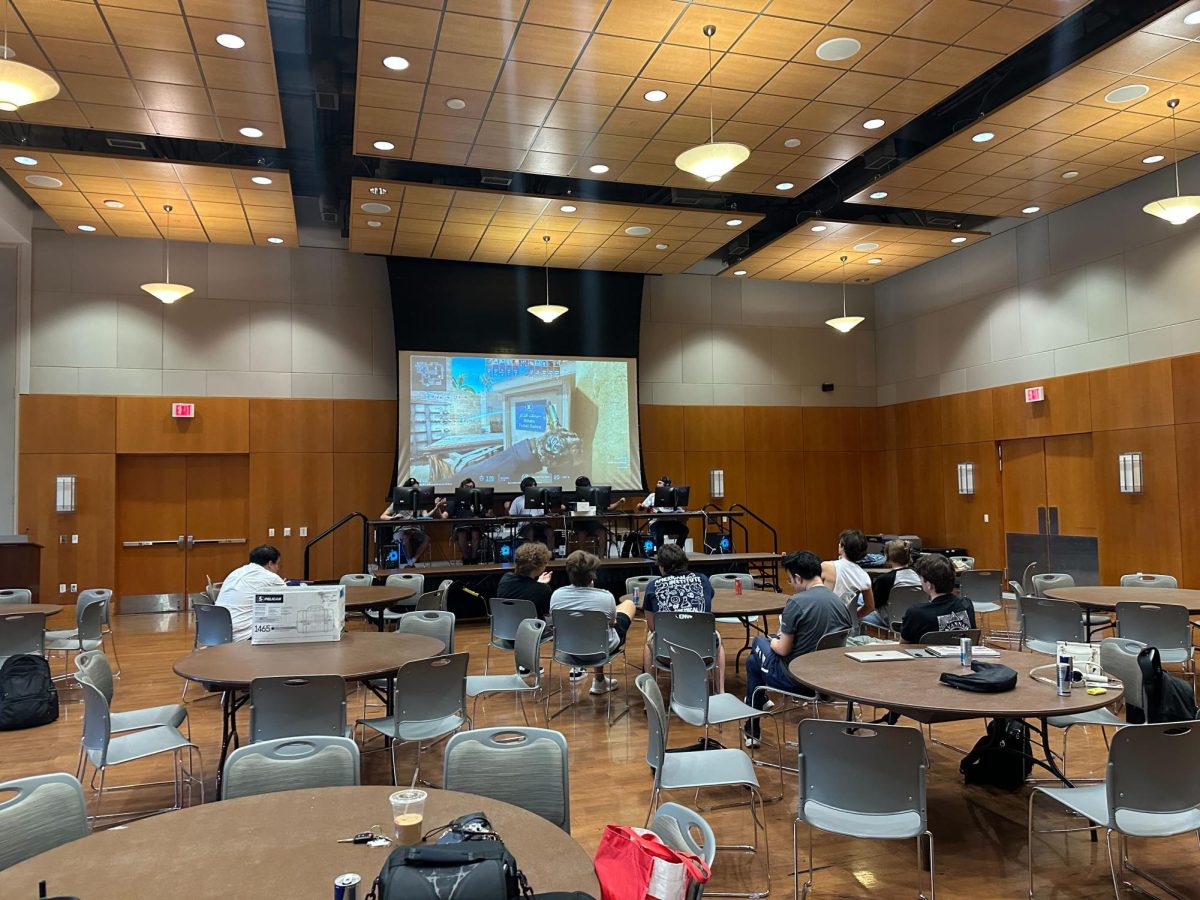Crashing symbols and the beat of Big Bertha ring in human ecology junior Rafael Adrian Garcia’s ears as he marches across the football field with the Longhorn Band.
“Hearing protection, especially while with the band, is one of my highest priorities,” Garcia said. “With how loud games get, I know (my) hearing can be lost sooner than others.”
As many as 17% of teenagers ages 12 to 19 show signs of noise-induced hearing loss in one or both ears, according to a study by the National Institute on Deafness and Other Communication Disorders. To protect their players’ ears, LHB provides each member with earplugs to help preserve their hearing in the long term.
Scott Hanna, Longhorn Band director, said he believes hearing protection for all musicians is important. This year, LHB purchased 400 pairs of EAROS ONE acoustic filters for $40 each at no cost to the students. The small plugs work to reduce noise intake while still allowing music clarity. He said that while not all universities provide hearing protection for their marching band, it is becoming more commonplace.
EAROS ONE was created for anyone who has suffered from or has the potential to suffer from hearing loss. Unlike an earplug, they reduce noise, and not sound. They reduce noise up to 25 decibels to prevent long-term hearing damage.
“We tested it out with a few of our musicians and staff, and they really liked the product a lot, both from the standpoint of the fit and the effectiveness,” Hanna said.
After further evaluation and consideration, Hanna said the evaluators collectively agreed that EAROS ONE is worth the investment for students.
Garcia said the EAROS ONE device is an improvement from previous years because they lower ambient noise, but players are still able to hear instructions. He uses them more often during indoor rehearsals because the sound resonates and is amplified, whereas the stadium is an open space that allows more of the noise to dissipate.
Hanna said he has talked to LHB members about the importance of protecting their ears, both in rehearsal and performance environments. He said investing in hearing protection is essential for any student who finds themselves in loud environments.
“The product is issued to each student, and then it’s up to them to wear it,” Hanna said. “I would encourage any musician to take protecting their hearing very seriously.”
Sustainability studies junior Isabelle Jakobi plays piccolo in LHB and said the new device is better than models in previous years.
“The earplugs from last year were pretty awful,” Jakobi said. “They didn’t fit right, they were uncomfortable and they didn’t do much.”
Although Jakobi said she does not use EAROS ONE for every game or rehearsal, she recommends them to other musicians because they lessen the noise without disrupting the quality.
Garcia and Jakobi both said that one downside of EAROS ONE is their size. The black inner-ear inserts are so small and can easily be misplaced.
“They’re really easy to lose,” Jakobi said. “When you take them out, it’s hard to keep track of them.”
Hanna said maintaining hearing health is just as important as maintaining a person’s physical health.
“Our hearing is just another component of our health,” Hanna said. “I would encourage (students) to think about making the long-term investment in their (hearing) health much like I would encourage them to (exercise) or be mindful of what they eat.”
Editor's Note: This article has been updated to reflect the difference between EAROS ONE and standard earplugs.

